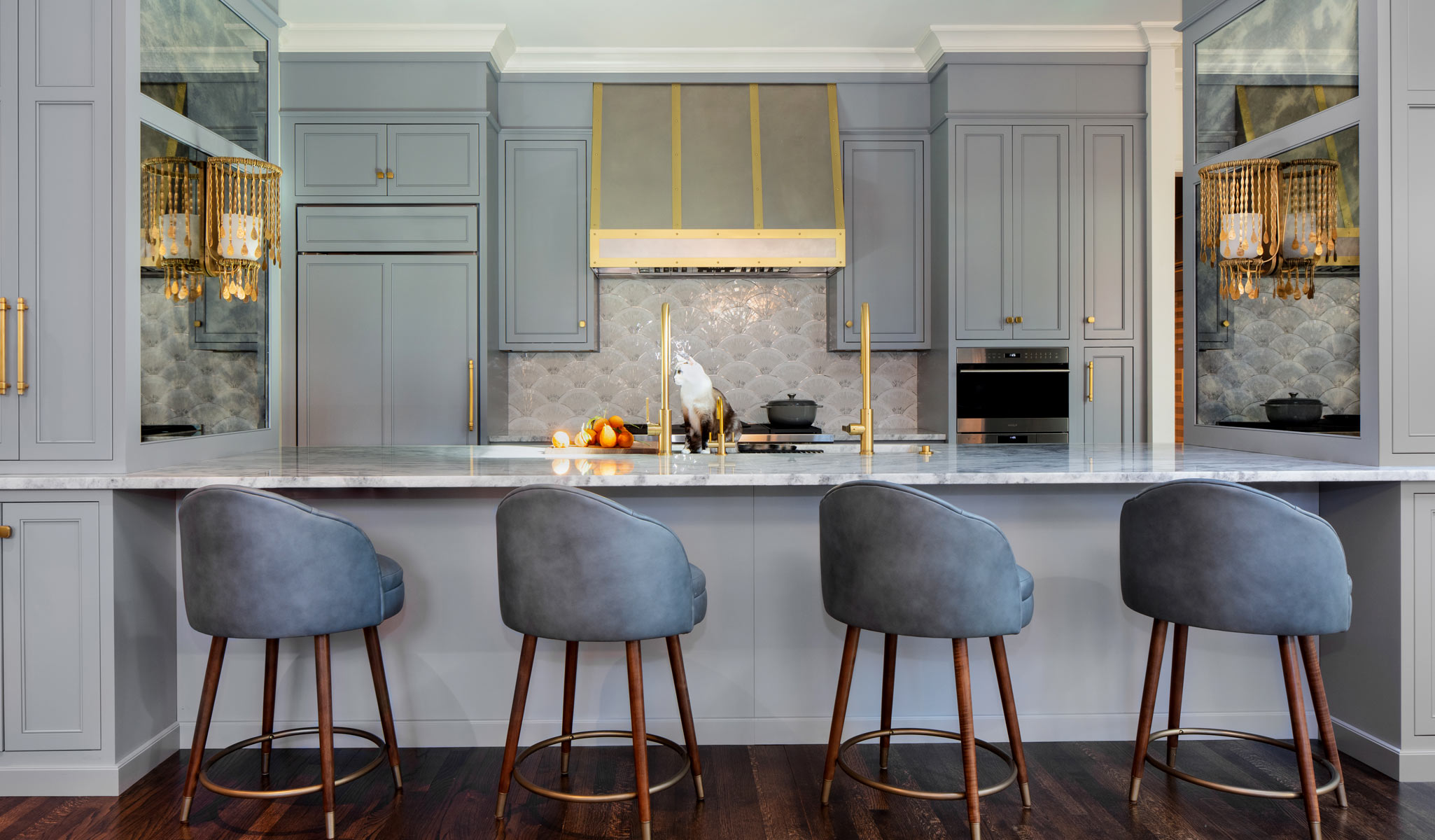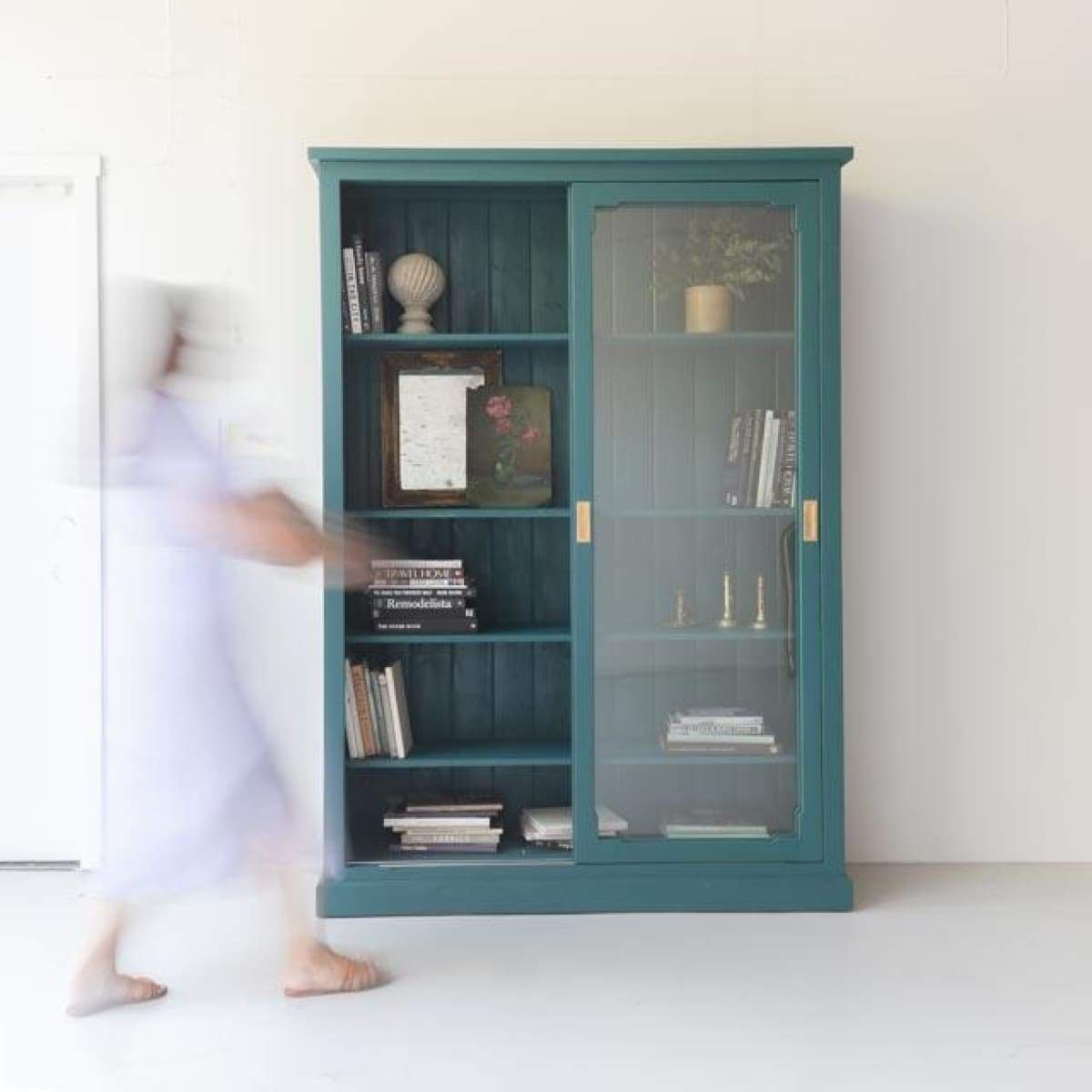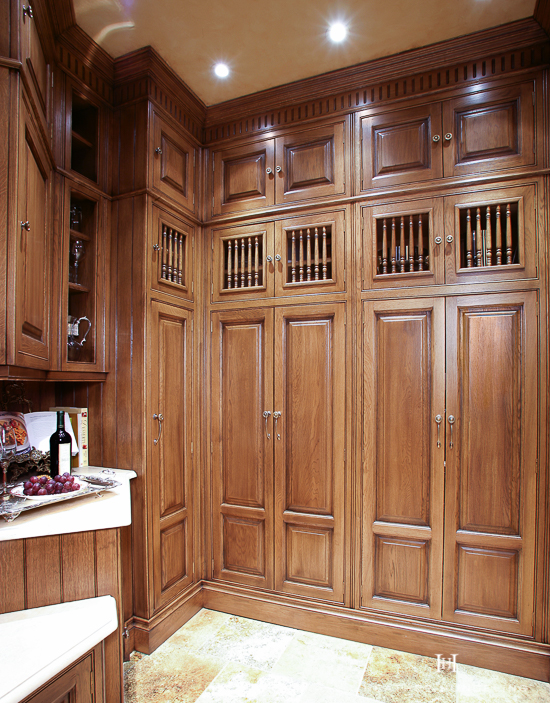Featured
The best choice of materials can significantly influence your gateway's appearances, resilience, and capability. Here's a guide to selecting the ideal products for your custom entrance gate.
Wooden gateways radiate warmth and natural charm, making them a popular choice for typical and rustic designs.
Pros:
Aesthetic Allure: Uses a traditional, elegant appearance that complements a range of building styles.
Adjustable: Can be tarnished, repainted, or sculpted to attain a distinct design.
Eco-Friendly: Sustainable alternatives like redeemed timber reduce environmental effect.
Cons:
Maintenance: Calls for normal tarnishing or securing to safeguard against weather and insects.
Toughness: May warp, crack, or rot with time without proper treatment.
![]()
Steel gateways are commemorated for their resilience and capacity to fit elaborate styles.
Pros:
Toughness: Immune to tear and put on, making it perfect for high-traffic locations.
![]()
Design Flexibility: Suitable for both traditional functioned iron designs and modern, smooth designs.
Low Upkeep: Needs very little upkeep with appropriate finishes to avoid corrosion.
Cons:
Price: Top quality metals like functioned iron or stainless-steel can be costly.
Warmth Retention: May end up being hot to the touch in straight sunshine.
Aluminum is a cost-efficient alternative to much heavier metals, providing a modern-day look with reduced upkeep.
Pros:
Corrosion-Resistant: Perfect for areas with high moisture or coastal environments.
Lightweight: Easier to run and install compared to various other steels.
Affordable: Gives a sleek appearance at a lower price.
![]()
Cons:
Strength: Much less sturdy than much heavier steels like steel or iron.
Restricted Modification: Not as functional for intricate layouts.
Plastic entrances are recognized for their cost and simplicity of upkeep, making them a functional selection for several property owners.
Pros:
Low Upkeep: Immune to weather, insects, and UV rays.
Affordable: Inexpensive upfront and over time due to very little maintenance.
Range: Available in a variety of colors and styles.
Cons:
Sturdiness: Less tough than wood or steel and can fracture in severe temperatures.
Appearance: Does not have the all-natural appearance of wood or the class of metal.
Compound gates incorporate timber fibers with plastic or material to produce a resilient and eye-catching alternative.
Pros:
Toughness: Immune to rot, bending, and bugs.
Reduced Upkeep: Does not call for painting or discoloration.
Eco-Friendly: Usually made from recycled materials.
Disadvantages:
Expense: More costly than conventional wood or plastic.
Look: May lack the credibility of all-natural wood.
When Finding Materials,Secret Factors To Consider.
Climate: Take into consideration just how the material will do in your neighborhood weather conditions. For example, metal is ideal for durability, while vinyl functions well in humid atmospheres.
Maintenance: Choose a product that fits your way of life and determination to keep it over time.
Design: Guarantee the product straightens with your home's architectural layout and personal preference.
Budget: Variable in both in advance expenses and long-term costs for repair and maintenance.
Last Ideas
Selecting the best material for your custom-made entry entrance is an essential action in creating a functional and aesthetically enticing entrance to your building. Whether you prioritize the ageless appeal of wood, the stamina of steel, or the functionality of plastic, there's a material to match your needs. By stabilizing visual appeals, longevity, and cost, you can develop a custom gate that enhances your home's visual allure while standing the test of time.
- Timber: Classic Elegance
Wooden gateways radiate warmth and natural charm, making them a popular choice for typical and rustic designs.
Pros:
Aesthetic Allure: Uses a traditional, elegant appearance that complements a range of building styles.
Adjustable: Can be tarnished, repainted, or sculpted to attain a distinct design.
Eco-Friendly: Sustainable alternatives like redeemed timber reduce environmental effect.
Cons:
Maintenance: Calls for normal tarnishing or securing to safeguard against weather and insects.
Toughness: May warp, crack, or rot with time without proper treatment.
- Metal: Toughness and Versatility

Steel gateways are commemorated for their resilience and capacity to fit elaborate styles.
Pros:
Toughness: Immune to tear and put on, making it perfect for high-traffic locations.

Design Flexibility: Suitable for both traditional functioned iron designs and modern, smooth designs.
Low Upkeep: Needs very little upkeep with appropriate finishes to avoid corrosion.
Cons:
Price: Top quality metals like functioned iron or stainless-steel can be costly.
Warmth Retention: May end up being hot to the touch in straight sunshine.
- Aluminum: Lightweight and Economical
Aluminum is a cost-efficient alternative to much heavier metals, providing a modern-day look with reduced upkeep.
Pros:
Corrosion-Resistant: Perfect for areas with high moisture or coastal environments.
Lightweight: Easier to run and install compared to various other steels.
Affordable: Gives a sleek appearance at a lower price.

Cons:
Strength: Much less sturdy than much heavier steels like steel or iron.
Restricted Modification: Not as functional for intricate layouts.
- Plastic: Practical and Budget-Friendly
Plastic entrances are recognized for their cost and simplicity of upkeep, making them a functional selection for several property owners.
Pros:
Low Upkeep: Immune to weather, insects, and UV rays.
Affordable: Inexpensive upfront and over time due to very little maintenance.
Range: Available in a variety of colors and styles.
Cons:
Sturdiness: Less tough than wood or steel and can fracture in severe temperatures.
Appearance: Does not have the all-natural appearance of wood or the class of metal.
- Composite Products: The Most Effective of Both Worlds
Compound gates incorporate timber fibers with plastic or material to produce a resilient and eye-catching alternative.
Pros:
Toughness: Immune to rot, bending, and bugs.
Reduced Upkeep: Does not call for painting or discoloration.
Eco-Friendly: Usually made from recycled materials.
Disadvantages:
Expense: More costly than conventional wood or plastic.
Look: May lack the credibility of all-natural wood.
When Finding Materials,Secret Factors To Consider.
Climate: Take into consideration just how the material will do in your neighborhood weather conditions. For example, metal is ideal for durability, while vinyl functions well in humid atmospheres.
Maintenance: Choose a product that fits your way of life and determination to keep it over time.
Design: Guarantee the product straightens with your home's architectural layout and personal preference.
Budget: Variable in both in advance expenses and long-term costs for repair and maintenance.
Last Ideas
Selecting the best material for your custom-made entry entrance is an essential action in creating a functional and aesthetically enticing entrance to your building. Whether you prioritize the ageless appeal of wood, the stamina of steel, or the functionality of plastic, there's a material to match your needs. By stabilizing visual appeals, longevity, and cost, you can develop a custom gate that enhances your home's visual allure while standing the test of time.
Latest Posts
When Budgeting for a Fencing?, What Hidden Prices Should I Think About.
Published Jan 20, 25
0 min read
Smooth Flooring Installation: Our SAt Floor Covering Orland Park, we believe the foundation of a great floor is a seamless and professional setup process. Our setup approach ensures your flooring is n
Published Jan 20, 25
1 min read
Products Customized Access Gates
Published Jan 20, 25
0 min read
More
Latest Posts
When Budgeting for a Fencing?, What Hidden Prices Should I Think About.
Published Jan 20, 25
0 min read
Products Customized Access Gates
Published Jan 20, 25
0 min read